Giacomo Abbruzzese‘s first feature film, Disco Boy, was one of those premieres with an instant appeal that is passionately recommended during a film festival. The last Berlin Film Festival welcomed the Italian director’s brilliant debut with an echo that was transmitted among the critics, hoping that the awards would be favorable to him and seal this discovery. Finally, the Silver Bear for Best Artistic Contribution for Hélène Louvart acknowledged at least one of the aspects that most seduced the audience and the jury.
After ten years, four producers and the participation of four countries, Abbruzzese managed to bring this very particular story to the screen, starring Franz Rogowski, Christian Petzold’s fetish actor and an essential part of recent European cinema, who was on board the project almost from the beginning. Disco Boy, despite its influences —from Beau travail of Claire Denis to Pedro Costa— is as unclassifiable as its main character. It is a post-colonial war adventure, a search for identity, a new beginning, a voyage of discovery, but in the end it is a sensorial journey so circular and infinite that we can only surrender to the journey without questioning its destination. All of this is conveyed through a fascinating visual and sound design.
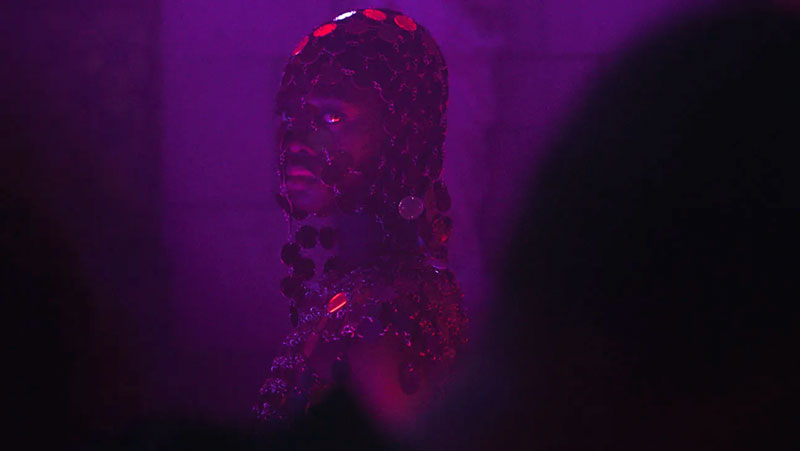
Aleksei (Rogowski) and Mikhail (Michal Balicki) leave Belarus camouflaged in a football fans’ bus, hoping to start a new life in France, a country they are fascinated by (their war chant is Camembert!, Crème caramel!). The former manages to reach his destination, but the latter dies in the attempt. The realism of this opening and Aleksei’s enlistment in the Foreign Legion as a means of obtaining French citizenship, his training and first mission take us to the Niger Delta, where the infrared images begin to immerse us in a suggestive vision, in the heart of darkness. It is here that the film’s prevailing contrast is established, where expectations are modulated without rules. The Foreign Legion, whose work was instrumental in protecting the 19th-century colonial empire, recruits its soldiers with the claim of joining an elite corps and a family. Without asking for explanations, the past is erased and a new beginning is offered to the volunteers, who come from any country, for Aleksei it is a providential destiny, saving him from deportation.
Abbruzzese shows us the staged presentation of eco-terrorist leader Jomo (Morr Ndiaye) to VICE reporters, in a post-colonial update of an open conflict, as well as the soldier’s return to the metropolis after a successful rescue operation, but what triggers our senses in both scenarios is the music, the dance of Jomo and his sister Udoka (Laetitia Ky). The trance of ecstasy, both its own and provoked in Aleksei and the viewer himself, runs through the rest of the film, in an altered, spectral reality.
The contrast and bewilderment Abbruzzese establishes with our approval is matched by the inscrutability of his protagonist, Rogowski magnificent in his quintessential orphanage, here of a vanished world from which he escapes in pursuit of an equally alien dream. The Western paradise is not Germany or America, it is a France of dubious appeal in the present day, Aleksei’s own self-definition when he claims to have learned French on film is implausible, but we accept that he drinks Bordeaux and not beer as an aspirational symbol, for Disco Boy‘s filmmaker’s choice is as bizarre as it is suggestive.
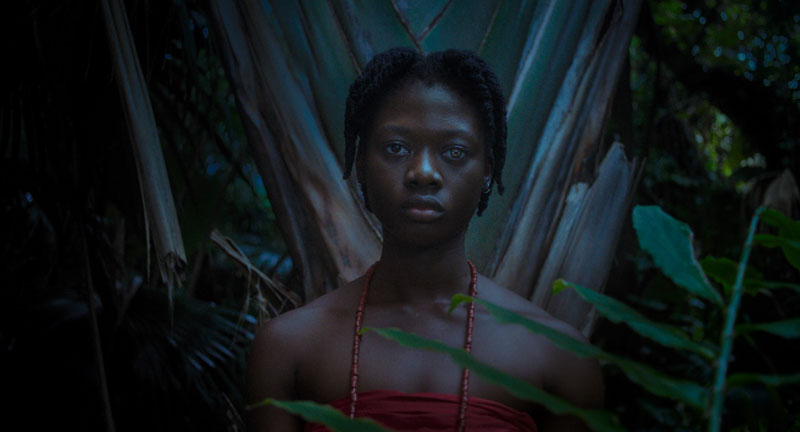
The reality and the reverie of such a particular universe, the hypnotic fascination unleashed by the music (fabulous synth by DJ Vitalic) and the dance, tribal or sensual, represented by Udoka’s Rabanne-like dress, with its multiple reflections, make the two distant worlds, Africa and Europe, the paramilitaries and legionnaires of the Niger Delta, the French who crowd the nightclub, the barracks and the guesthouse, the blurred identities, end up being an equally ghostly and, at the same time, lysergic journey.
Disco Boy is a bold and personal film that reflects sensorially, without prejudice, on our old and new Europe, questioning its possibility, the burden of the past and its traces, with a charismatic protagonist despite himself.

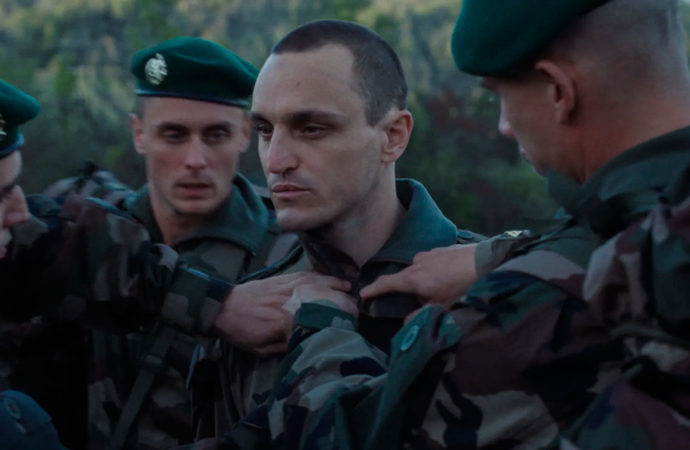

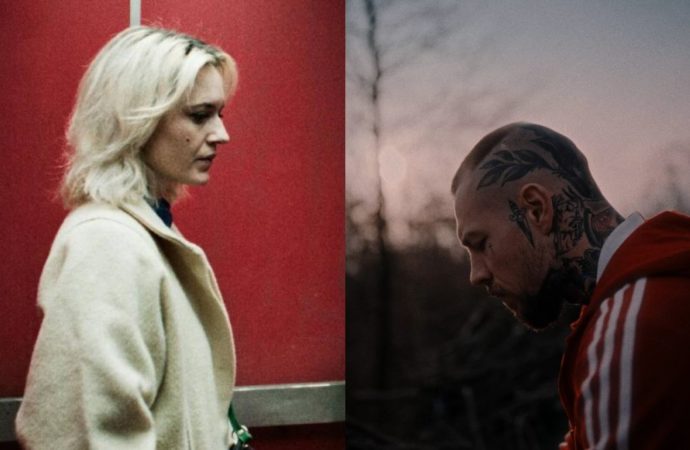
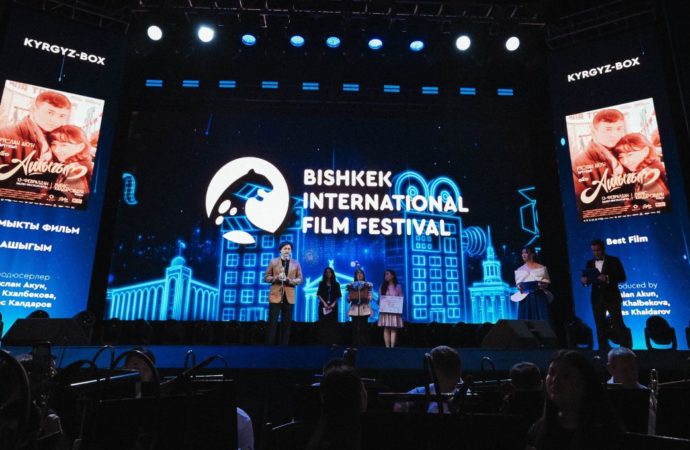

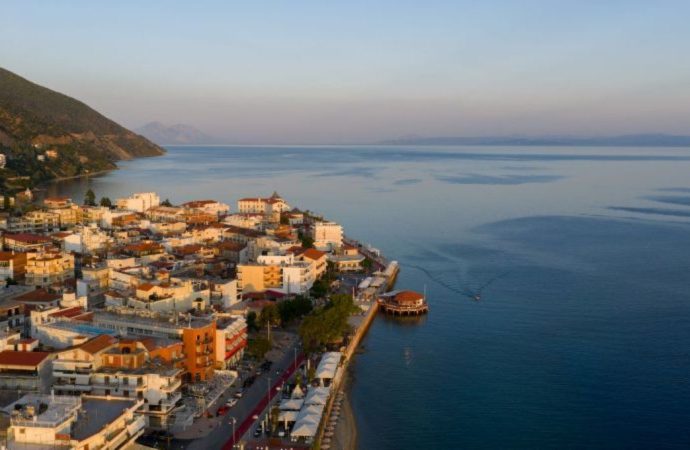
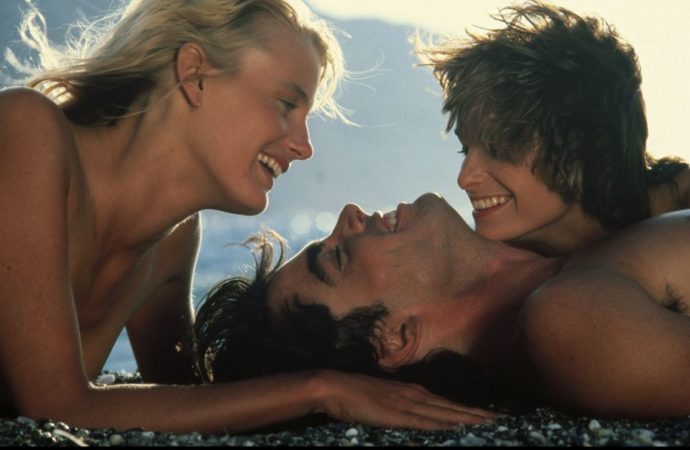

No one has posted any comments yet. Be the first person!